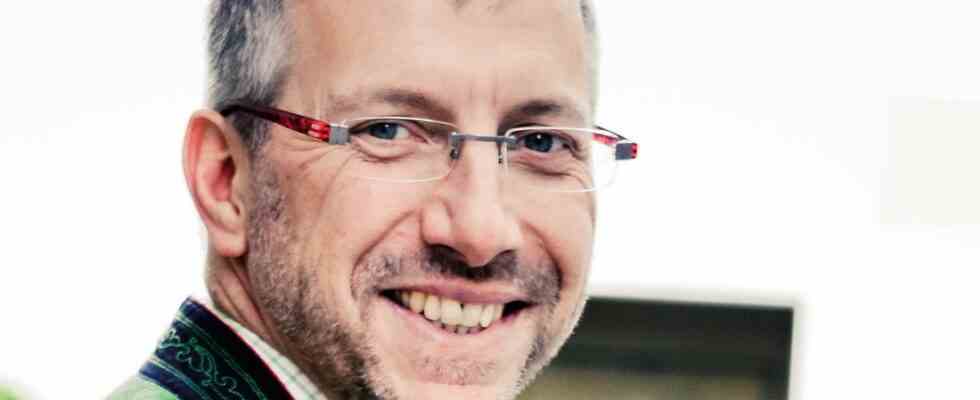The judge finds this case, which is presented to him on Tuesday before the district court in Landshut, bizarre and obviously amusing. The accused is Franz Xaver Steininger, former mayor of Zwiesel in the Regen district and now unreasonable defendant. The public prosecutor’s office accuses him of corruption and intentional bankruptcy. In 2015, Steininger had just been the head of town hall for four years and was no longer able to pay his bills. The tax office alone demanded a high five-digit amount from the former civil engineer with his own planning office.
In order not to lose his money in an impending insolvency procedure, he is said to have managed to put it aside in trust accounts, to which his salary as mayor also flowed. Apparently, he also saw his office as a source of income. According to the indictment, he received loans of more than 100,000 euros from two entrepreneurs from Zwiesel, most of which he did not repay. In return, he advocated for their interests.
Steininger himself denied all allegations and insisted that he had not committed a crime. He would not let his “personal life’s work be destroyed,” he said: “These allegations hurt me massively.” Yes, he had high tax debts. These occurred after a tax audit in his planning office in 2015. His house bank then blocked his account and, on the advice of his tax advisor, he transferred his money to his escrow account. And yes, that’s also true, he got loans from the two companies and stood up for them. However, he made it clear to them that they could not expect any political favours. It was all about the good of the city. “Actually, I should get praise for it,” said Steininger.
One was a metal company from Zwiesel, whose managing director granted Steininger three loans totaling 80,500 euros. They did not want interest for this sum, a non-disclosure agreement was concluded in a contract. Steininger did not repay any of this except for 2,500 euros and thanked him for his support after his re-election. The management contacted him several times to get permission for a company car park. When Steininger campaigned on her behalf, the largest loan of 53,000 euros, which was only agreed verbally, was transferred.
In the second case, Steininger is said to have campaigned for another entrepreneur to obtain a municipal property, although the purchase to another bidder had already been decided. On Tuesday, the court initially dropped this part of the indictment, but the entrepreneur concerned is to testify as a witness next week. Then the court also expects a tax officer from Zwiesel, whereby one would be at the bizarre scenes that amused the judge.
Steininger’s tax consultant described his rather unusual activities, which he carried out for the then mayor of Zwiesel. Since the latter had no access to the escrow account, he kept sending his tax advisor text messages asking him to withdraw 200 euros for him. The certificates were then handed over at “conspiratorial meetings,” as the judge put it. Except when Steininger couldn’t come because he didn’t have any gas and apparently couldn’t pay for it. That seemed strange to him, said the tax consultant, but then he thought Steininger was the mayor after all: “He must be a reasonable person.” The witness also expressed the suspicion that there had been some kind of agreement between Steininger and the tax office, since they had not seized all of Steininger’s assets. The court intends to investigate this allegation in the coming week.

